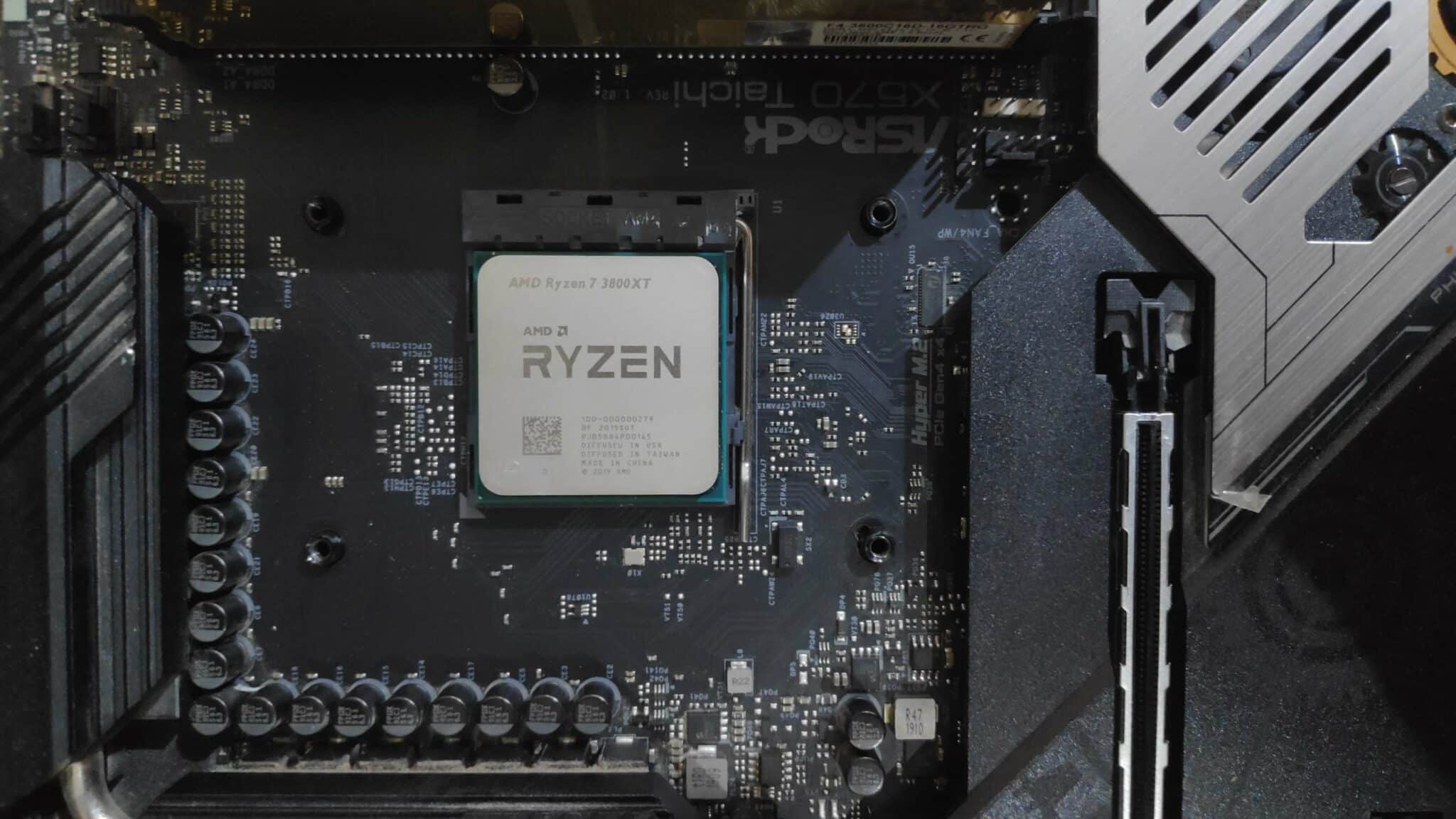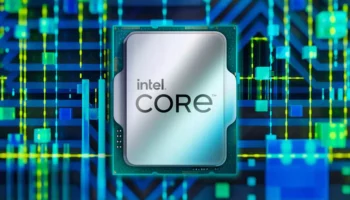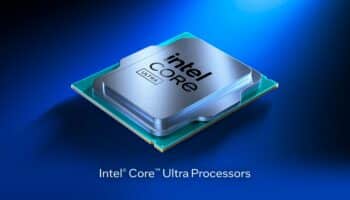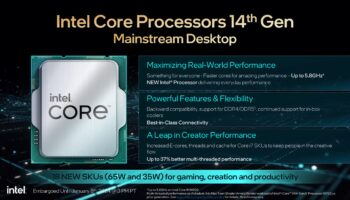Although the Zen 3 based Ryzen 4000 CPUs remain on track for a late 2020 launch, AMD has decided to bridge the gap between Matisse and Vermeer with a half-generation upgrade, codenamed Matisse 2.0. Although to many of you, the Ryzen 3000XT may simply seem like better-binned variants of the existing 3000 parts, AMD claims that the new chips are based on an improved version of TSMC’s N7 process (not 7nm+ mind you). As such, you can expect higher boost clocks, better boost residency, of course, better overall performance.
| CPU | Ryzen 5 3600X | Ryzen 5 3600XT | Ryzen 7 3800X | Ryzen 7 3800XT | Ryzen 9 3900X | Ryzen 9 3900XT |
|---|---|---|---|---|---|---|
| Base Clock | 3.8 GHz | 3.8 GHz | 3.9 GHz | 3.9 GHz | 3.8 GHz | 3.8 GHz |
| Boost Clock | 4.4 GHz | 4.5 GHz | 4.5 GHz | 4.7 GHz | 4.6 GHz | 4.7 GHz |
| L3 Cache | 32 MB | 32 MB | 32 MB | 32 MB | 64 MB | 64 MB |
| TDP | 95W | 95W | 105W | 105W | 105W | 105W |
| Price | $224 | $249 | $339 | $399 | $429 | $499 |
Keep in mind that the Ryzen 3000XT processors aren’t for people who already own a Matisse CPU. Instead, they’re targeted towards DIYers looking to build a gaming or content-creation build, but can’t quite wait for Zen 3. It’s simply an incremental upgrade over Zen 2 at the same price rather than a replacement.
Test Bench
- CPU Cooling Solution: NZXT Kraken X73
- GPU: Zotac GeForce RTX 2080 Ti AMP
- Mobo: ASRock X570 Taichi
- Memory: Trident Z Royal 8GB x2 (3600MHz CL16)
AMD Ryzen 4000 “Renoir” Desktop APUs to Launch on 21st July as OEM-First Parts
Gaming Benchmarks: Ryzen 7 3800XT vs Core i7-10700K
We’ll primarily be comparing the Ryzen 7 3800XT against Intel’s 10th Gen Core i7-10700K which is selling for around $500 (retail) at the moment. The performance scores for the Ryzen 7 3700X, Ryzen 5 3600X will also be included. Apologies for the lack of 3800X benchmarks, we didn’t have a unit on hand at the time of review. Let’s have a look at the gaming benchmarks first, followed by content creation tests and finally a look at the clock scaling and residency:





It looks like Intel will hold onto its advantage in gaming for the time being, at least on paper. In reality, these deltas are too small to be perceived during a heated gaming session, even if you consider the 1% and 0. (pharmacy rx world canada) 1% lows. The Ryzen 7 3800XT benefits the most from games like Assassins’ Creed and Shadow of the Tomb Raider which scale well with core counts as well as the frequencies. Other titles like Metro Exodus and Deus Ex fail to see any notable improvement.
Content Creation and Productivity


Content creation workloads like rendering have always been AMD’s forte thanks to superior multi-threaded grunt. The Ryzen 7 3800XT erases the gains brought by the Core i7-10700K over the 9700K and we’re basically where we were a few months prior to the 10th Gen launch.


LZMA compression and decompression applications like 7zip see a solid boost with the Ryzen 7 3800XT, increasing the lead over the 10700K by around 25%.


Mozilla Kraken has always been a balanced browser test, seeing equal gains from higher core counts and frequencies. The 3800XT is around 6-7% faster than both the Ryzen 7 3700X as well as the Core i7-10700K. Regardless, like most office and browsing workloads, the deltas here are too insignificant to pick a “winner”.
Benchmarks continue on page 2…
Clock Scaling and Thermals
Gaming


In Hitman 2, both the Ryzen 7 3700X and 3800X show similar boosting behavior. The residency is mostly identical here, with both chips seeing drops in similar positions.


We decided to check the scaling graph for Assassins’ Creed Odyssey as it sees the biggest boost with the 3800X and the results were quite interesting. As you can see, the Ryzen 7 3700X sees the all-core frequency drop four times while the 3800X is much more consistent with just one drop towards the middle of the benchmark.
Cinebench R20


Similar to what we saw with Hitman 2 and Assassins’ Creed, the single-core boost residency isn’t really improved with the 3800XT. All three CPUs show a similar pattern.



As I had suspected, the multi-core boost is superior in case of the 3800XT. As you can see below, the boosting behavior is highly consistent while the 3700X and the 3900X both see drops at the beginning and end of the benchmarks.

Conclusion: Better All-Core Boosts but at a Price
As you may have already concluded, the boost residency is improved with Matisse 2. However, it’s not the single-core boost that gets an uplift, but the multi-core boost clock. Furthermore, I’d like to talk about the thermals a bit here. The reason why AMD ditched the stock coolers with the 3800XT and the 3900XT is that they run pretty hot.
With the 3800XT, I got load temps as high as 82-83 degrees in Cinebench. In comparison, the 3900XT topped out at just 76 degrees in the same test. Plus, both tests were conducted using an NZXT Kraken X73, not a cheap AIO solution. As such, I recommend nothing short of a 240mm AIO cooler for the 3600XT and a 360mm water cooler for the 3800XT/3900XT, at the very least.

 Intel 15th Gen Arrow Lake CPUs: Core Ultra 9 285K, Ultra 7 265K & Ultra 5 245K
Intel 15th Gen Arrow Lake CPUs: Core Ultra 9 285K, Ultra 7 265K & Ultra 5 245K Intel Core i9-13900K Performance Drop with Baseline Profile on B760 Boards Explored
Intel Core i9-13900K Performance Drop with Baseline Profile on B760 Boards Explored Intel 15th Gen Core i5-15400F (Core Ultra 5 240F) Specs Leak Out: 20A Chips in 2025?
Intel 15th Gen Core i5-15400F (Core Ultra 5 240F) Specs Leak Out: 20A Chips in 2025? 13th Gen i9-13900K is ~30% Slower at Intel Spec than Board Partner “Optimized” Power Limits
13th Gen i9-13900K is ~30% Slower at Intel Spec than Board Partner “Optimized” Power Limits